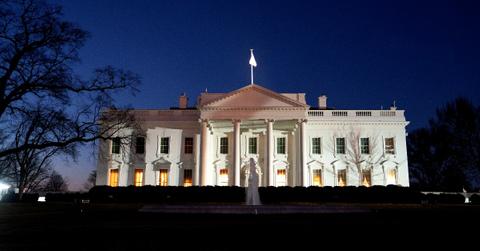U.S. Bans Companies That Get Semiconductor Bill Money From Opening New Facilities In China For A Decade

Sept. 7 2022, Published 3:13 p.m. ET
The U.S. has banned companies who receive money from a recently passed semiconductor bill from building new facilities in China, RadarOnline.com has learned.
Speaking with reporters right after Labor Day at a White House briefing, Secretary of Commerce Gina Raimondo said any company that receives CHIPS funding cannot use the money for either stock buybacks or investment in other countries.
“Companies who receive CHIP funds can’t build leading-edge or advanced technology facilities in China for a period of 10 years,” she explained by way of example. “Companies who receive the money can only expand their mature node factories in China to serve the Chinese market.”
The CHIPS for America Act allocates funds to three main initiatives: $28 billion for manufacturing incentives to establish domestic leading-edge semiconductor chip production, $10 billion for new manufacturing capacity and $12 billion for research and development.
Currently, the United States accounts for 0 percent of the world's supply of leading-edge semiconductors.
If a CHIPS funding recipient is found to have gone beyond the domestic contingencies, Raimondo promised that her department will claw back the money.
She cited recent U.S. Project announcements by Intel, Micron and Onsemi in New Hampshire, where she had just come from to help the company break ground for their new facility.

“The American people are counting on us to get this right and it is a responsibility that I take very seriously,” Raimondo stated during her opening remarks at the briefing. “No one has done more to revitalize American manufacturing than President Biden, and CHIPS for America is a key component of that work. We’ll be able to jumpstart the high-tech manufacturing that will drive economic growth for decades.”


